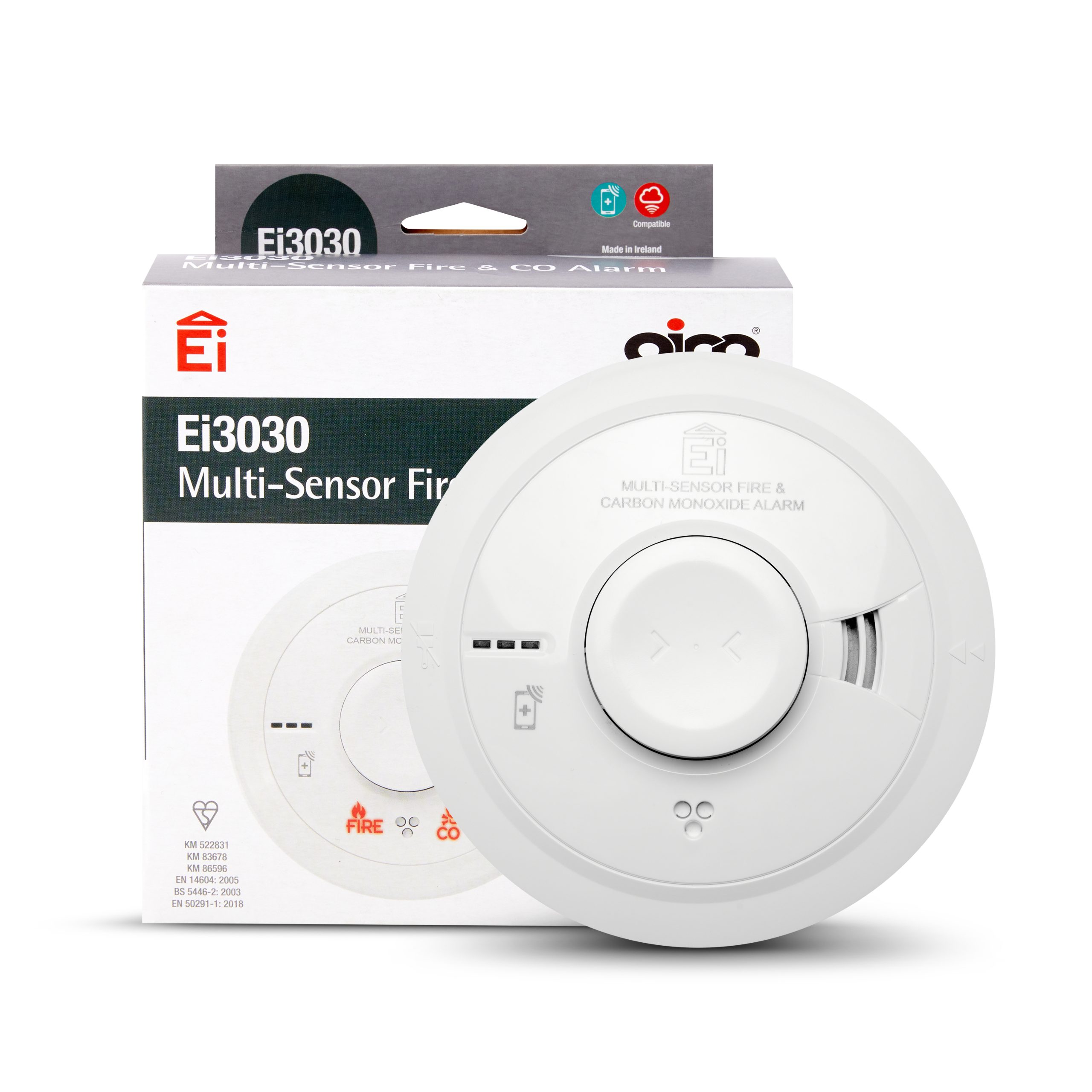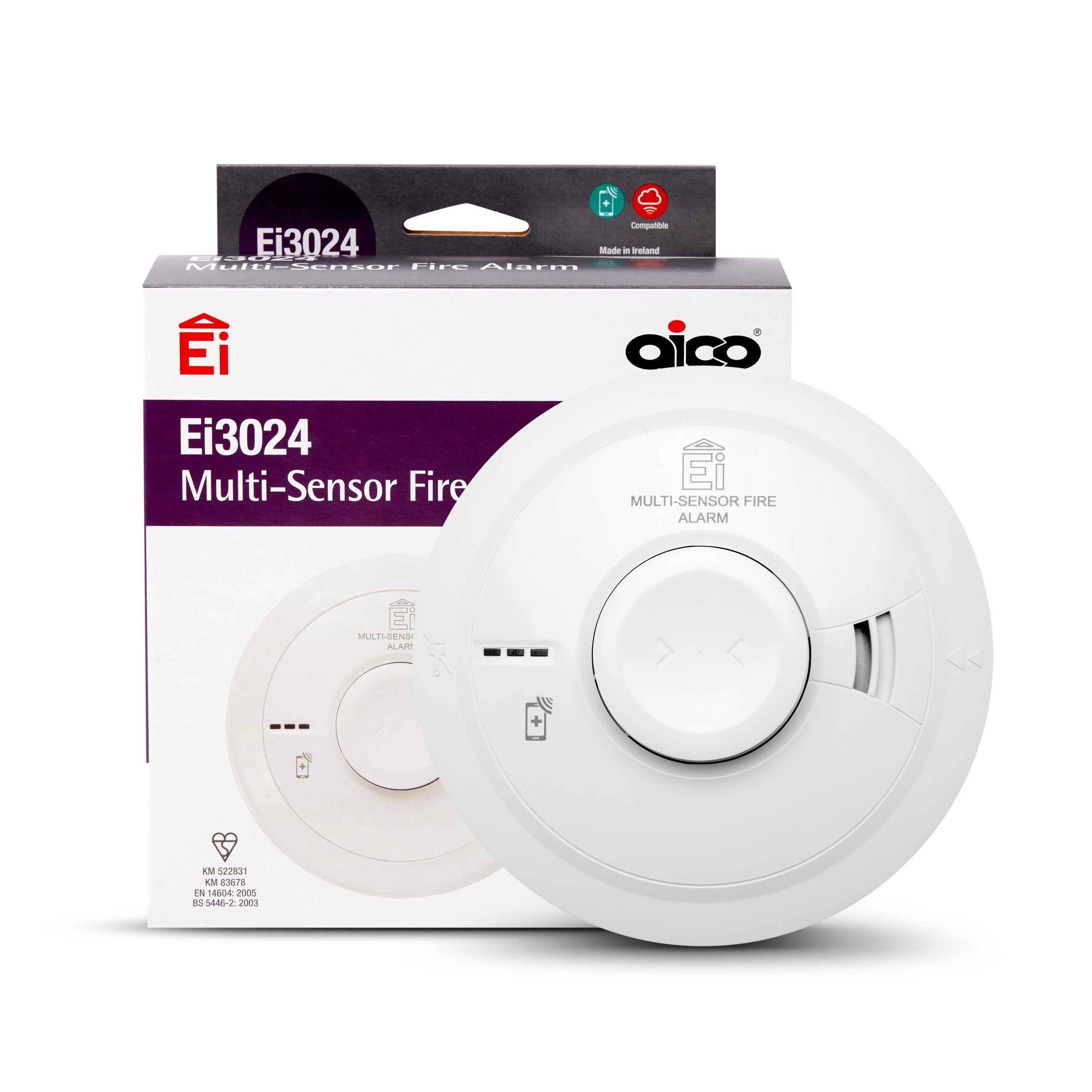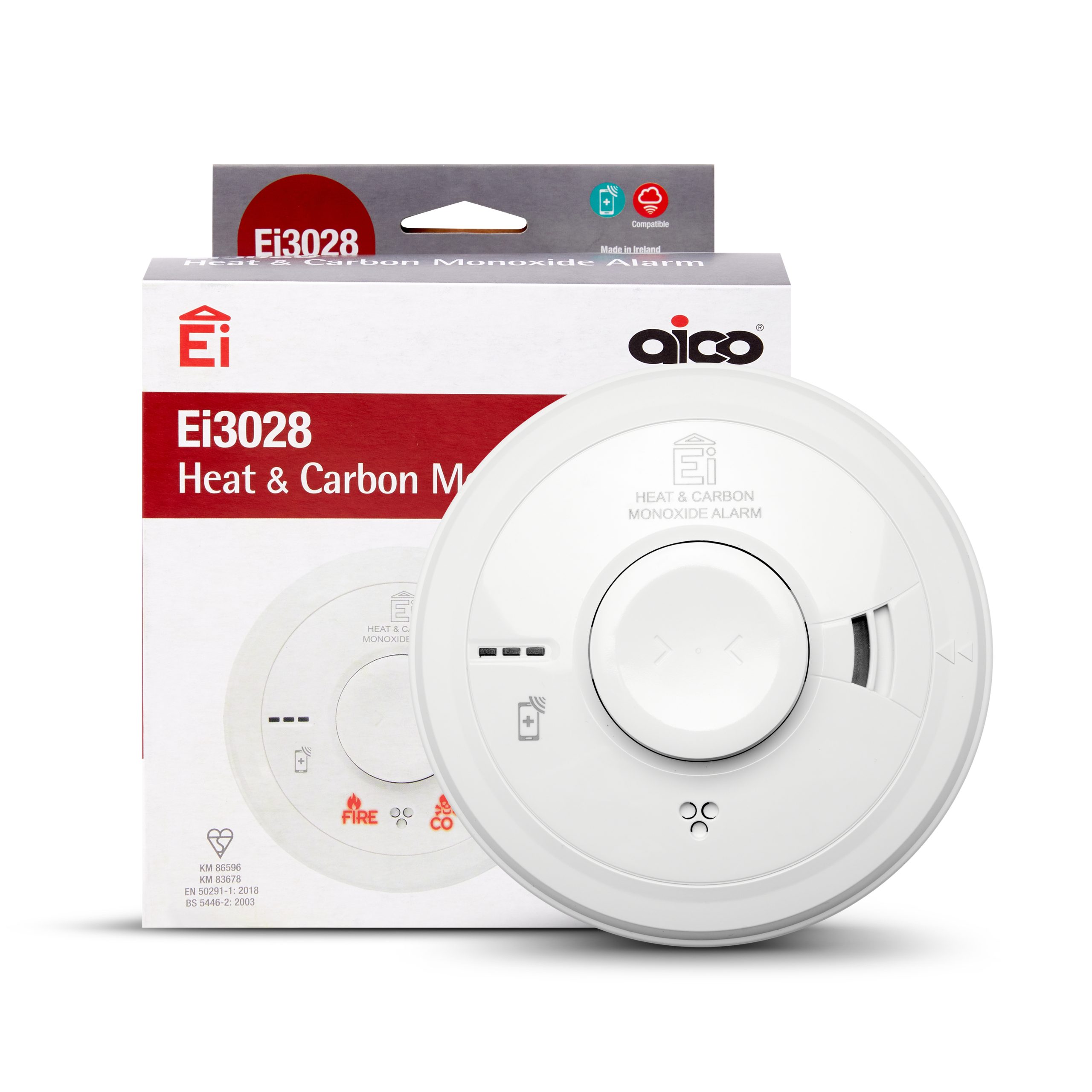Welsh Housing Quality Standard 2023 – Spotlight on Fire Detection

Wales has a proud history of prioritising the safety and wellbeing of residents across the country; the Welsh Housing Quality Standard (WHQS) has been driving that mantra for over 20 years. Set forward by the Welsh Government, the standard covers a wide range of aspects, specifically within social housing. The targets set out within the WHQS must be achieved by social landlords within the given timeframes in order to stay compliant.
The original standard was introduced in 2002, and all social homes should now meet it (or have met it) by March 2022. However, in 2023, that standard was updated to reflect modern expectations of housing, further upgrade assets and embrace the decarbonisation of housing stock across Wales, which is necessary to meet climate ambitions.
One key area of focus within the updated standard is fire safety. The standard states that all homes must meet specific criteria to mitigate fire risks and ensure tenants are protected in the event of an emergency. For landlords, this means making necessary upgrades and improvements to ensure that fire detection systems are in place and fully compliant with the new requirements.
Fire Detection: What the Standard Says

A recent spotlight report highlighted as part of the WHQS 2023 all social homes in Wales must have suitable fire detection systems installed. For landlords, understanding these requirements and ensuring compliance is vital.
All homes must have suitably designed and located, mains-powered (with a back-up secondary power source such as a sealed lithium battery) and interlinked smoke and/ or heat detectors conforming to BS 5839-6:2019+2020
These must be regularly tested and properly maintained. As a minimum all homes must contain a system incorporating detectors in the following locations:
- A smoke detector in all circulation areas on each storey that form part of the escape routes from the premises, such as hallways and landings.
- A smoke detector in the principal habitable room used for general daytime living purposes (normally the living room/lounge).
- A heat detector installed in every kitchen (including open plan kitchen / living areas; smoke detectors should not be used in such rooms).
Time Scales and Other Considerations
In addition to which safety systems are required, the recent spotlight report also highlights specific deadlines to have work completed.
From 2030 onwards, homes reported on must have systems conforming to the above and therefore BS 5839-6 2019+A1:2020. To put it simply, this means social landlords in Wales have until 2030 to install, as a minimum, mains-powered smoke detection with a sealed lithium battery backup in all hallways, landings, and living rooms and a heat detector in all kitchens.
The good news is that the majority of Welsh Social Landlords are already ahead of the game to be in line with the British Standard, which was last updated in 2020 with an additional update expected within the next year. The majority of landlords across the UK have been installing to this standard for years, with some near completion.
Finally, it’s important to note the WHQS has a focus on carbon monoxide detection, stating that “a carbon monoxide detector must be fitted in each room containing a fixed gas appliance, an oil-fired combustion appliance, a solid fuel burning combustion appliance or an associated flue.”
Further Guidance
Aico offer a range of support and training for all things home life safety with 32 Relationship Managers UK-wide. If you’re a landlord in Wales and need further information, please contact your local Relationship Manager:
- North Wales – Matt Powell – matt.powell@aico.co.uk
- South Wales – Sue James – sue.james@aico.co.uk
For more guidance on legislation and British Standards, visit https://www.aico.co.uk/technical-support/standards-regulations/




